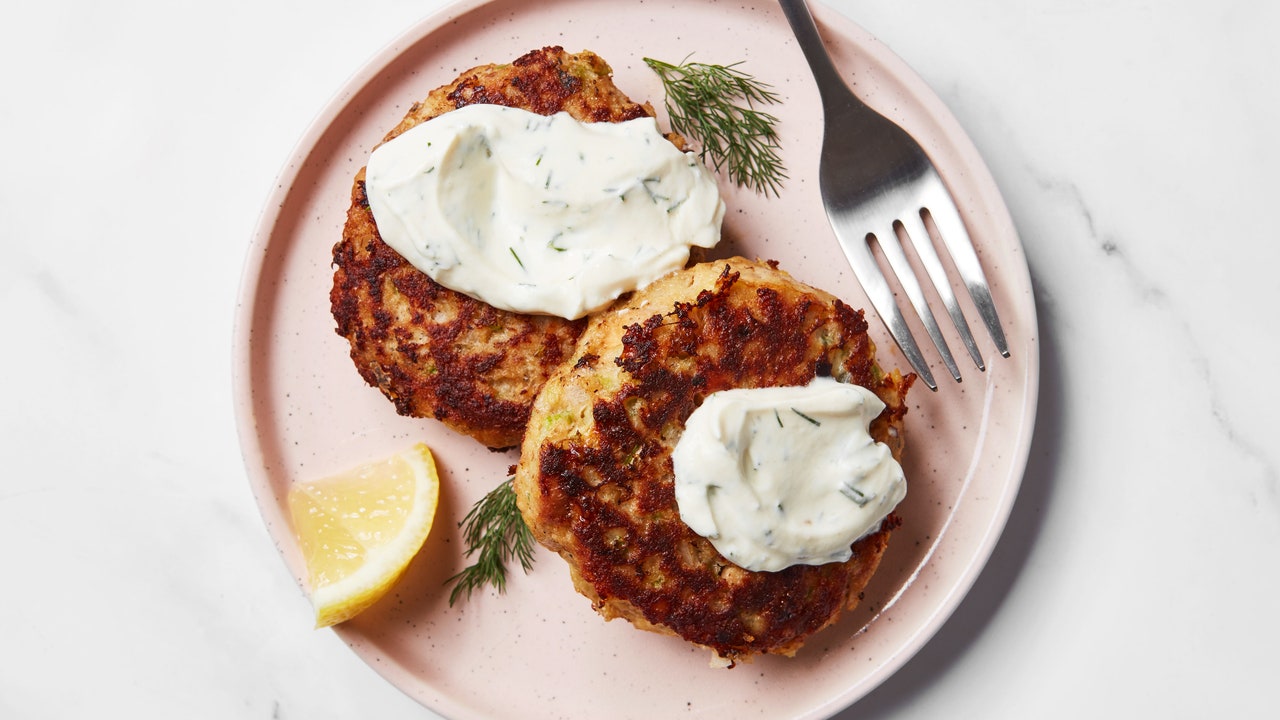Sour cream has a multitude of uses, and determining the right sour cream substitute…well, that depends on what you plan to use it for. You can deploy this rich and tangy ingredient to flavor, moisten, and tenderize baked goods. It can add body and acidity to soups, stews, and salad dressings. And you can use it as a stand-alone condiment or mix it with other flavorful ingredients into myriad dips and sauces.
Keeping a container in the fridge puts a host of delicious recipes at your fingertips—a delightful fact until you discover your trusty tub is expired, empty, or never made it home from the supermarket to begin with. Equally challenging is realizing that a particularly tempting recipe calls for sour cream when you’re vegan, lactose-intolerant, or otherwise sour cream–averse. No matter the case, you’re in luck: Substituting for sour cream is remarkably easy, and there are plenty of options across the dairy-based and nondairy spectrum to be had. Deciding which one to use comes down to your intentions and your personal taste.
Read on for a better understanding of how sour cream and its substitutes work, or scroll down to the list below to find the best alternative ingredient that matches your needs.
What Is Sour Cream?
If you’ve ever thought sour cream is reminiscent of yogurt or buttermilk, you’d be right on the mark: All three are fermented dairy products that are “thickened, or curdled, solely by the action of acid-producing bacteria,” writes Harold McGee in On Food and Cooking. (This sets them apart from cheeses, which are cultured with rennet.) Culture whole milk with lactic acid bacteria, and you get yogurt; do the same with heavy cream and you have sour cream. Lactic acid curdles (or sours, if you will) the cream, thickening it while imparting that signature tangy flavor.
According to Prafulla Salunke, PhD and assistant professor of dairy manufacturing at South Dakota State University, the resulting product will have a high-fat content (up to 40%, though most American store-bought sour creams are closer to 20%), a low pH (4.5–4.6), and a relatively low protein content compared to other cultured dairy products like cheese. And, he explains, these three traits all play a role in the consistency and flavor of your food.
Substituting Sour Cream in Baking
Because baking is so reliant on chemistry, sour cream substitutes are especially vulnerable to failure—or, at least, unexpected consequences. For instance, Salunke points out that “if you are substituting with a higher protein product, the texture [of your baked good] will be more firm.” Meanwhile, pastry chef and cookbook author Stella Parks points out that some nondairy substitutes like mayonnaise, which introduces eggs and oil, will cause a baked recipe to “brown a lot differently compared to something rich in dairy solids”—and those flavor profiles are pretty dissimilar.
When choosing a sour cream substitute specifically for baking, consider the consistency, ingredients, and nutrition facts. Most nationally available packaged sour creams have about one gram of protein, one gram of sugar, and five grams of fat per ounce; are acidic; and have a short ingredient list of just cream, occasionally milk, and bacterial cultures or enzymes. Seeking out a substitute with similar traits—or knowing to compensate by adjusting the amount of sugar, acid, or fat in a recipe—can go a long way toward producing predictable results. These considerations might seem intimidating, but don’t despair: There are perfectly viable cup-for-cup substitutes both experts heartily recommend.
Dairy-Based Sour Cream Substitutes
Both Parks and Salunke recommend plain Greek yogurt as the best sour cream substitute to use in virtually any recipe, thanks to its comparable ingredient and nutritional compositions, similar consistency, and widespread availability. If using it to bake, though, just make sure to steer clear of yogurts that are artificially thickened with gums or starches (especially prevalent in low-fat versions), which can negatively affect the structure of the finished product. Full-fat Greek yogurt will offer the closest approximation of sour cream’s flavor and texture, and can be used as a one-to-one replacement for sour cream. If you’d like, you can stir some heavy cream into any percentage of Greek yogurt to give it a somewhat richer body and higher fat content.
If you don’t have Greek yogurt on hand, it’s a breeze to make your own with regular yogurt—simply line a strainer or colander with a coffee filter or cheesecloth and drain the yogurt until it’s reached the right consistency to use as a sour cream alternative (pressing gently on the yogurt with the back of a ladle can help expedite the process). One cup of yogurt will equal about ¾ cup strained yogurt, which can be used just as you would sour cream.
